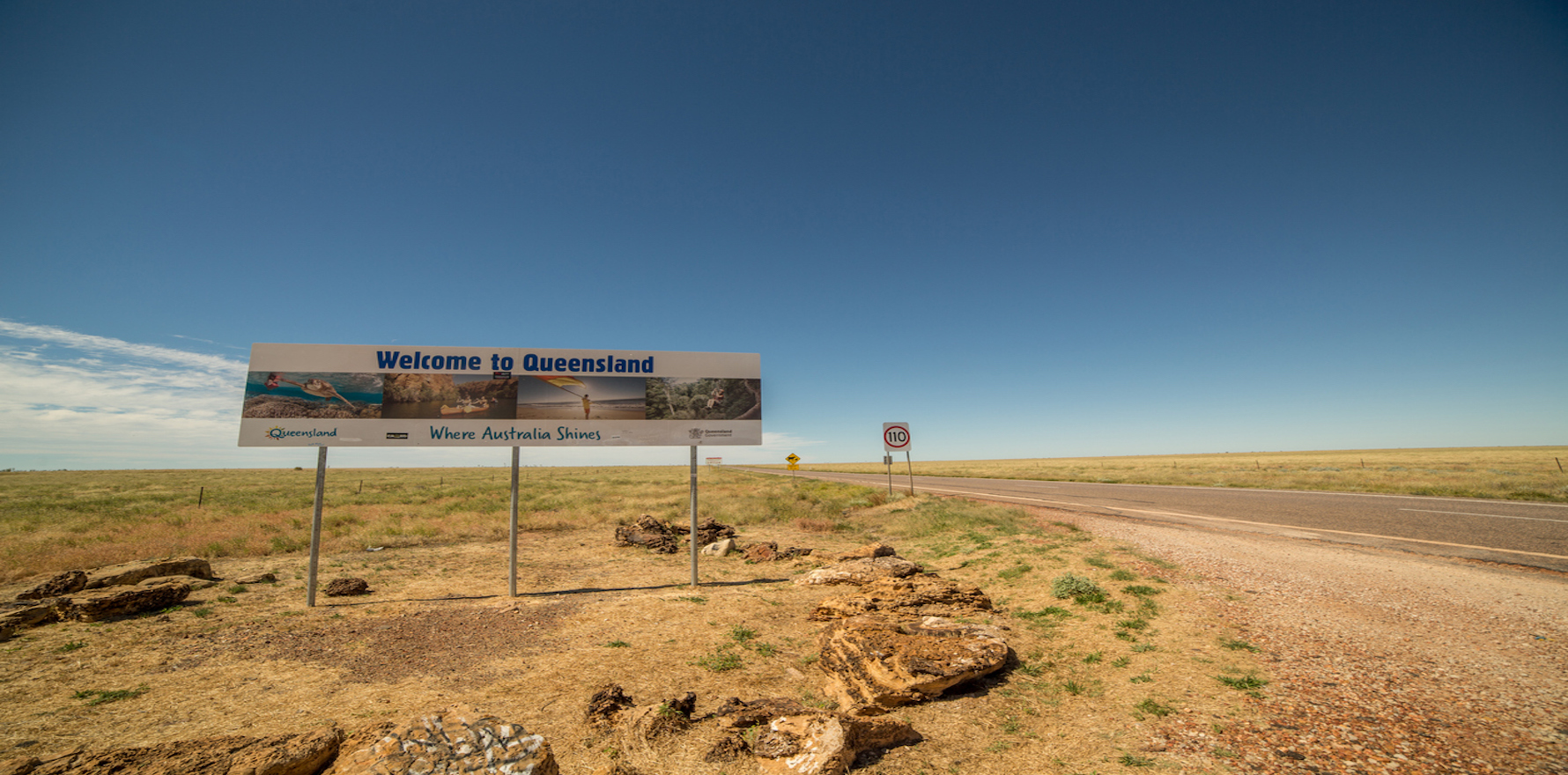A lack of funding and clear accountability were significant barriers to local covid response efforts, new JCU research has shown.
New research from James Cook University has exposed flaws in Australian systems responding to disease outbreaks like covid and identified the changes needed to prepare for future pandemics.
Public health surveillance and response systems in Northern Queensland are ‘marked by fragility’, with workforce shortages, insufficient funding and unclear pathways for accountability identified as major hurdles in the region’s covid pandemic response, the researchers found.
Evaluating the strengths and limitations of Northern Queensland’s covid response as part of a broader project assessing the region’s public health responses across four different disease groups (covid, tuberculosis, mosquito-borne arboviruses and sexually transmitted infections), researchers conducted over 45 interviews with clinical and public health staff at varying levels of seniority alongside a document review and workplace observations between October 2020 and June 2022.
The findings, published in BMC Health Services Research, revealed a number of limitations contributing to the “fragility” of public health systems in Northern Queensland, particularly relating to the organisational structure and accountabilities for decision-making and reporting arrangements with the two public health units (PHUs) that spearheaded local covid response measures, one located in Townsville HHS and the other in Cairns and Hinterland HHS.
These limitations included a lack of clarity surrounding expectations and accountability requirements for public health units (as determined by the state health department), limited capacity to establish local-level community engagement and difficulties both recruiting staff and maintaining staff wellbeing under “intense workload pressures” and high rates of fatigue and burnout.
“In Queensland, the organisational position of PHUs – nested within and dependent for resources on board-governed health districts with typically hospital-focused administrators – is poorly suited to public health decision-making,” the researchers wrote.
“Overall, although NQ is regarded to have mobilised an effective Covid-19 response, the findings of the study highlight that NQ public health systems are marked by fragility, calling into question the region’s preparedness for future pandemic events and other public health crises.
“To strengthen public health systems in NQ there is an urgent need to improve clarity in accountability relationships for PHUs, strengthen coordination between services, invest in the public health workforce and improve the responsiveness of services to local need through mechanisms supporting effective community engagement.”
While the relative degree of autonomy provided to PHUs was advantageous in facilitating swifter implementation and coordination of covid response measures, this “quasi-independence” also contributed to the confusion surrounding expectations and reporting hierarchies for the units, according to the authors.
Several interviewees expressing frustration at not being able to participate in decision-making at a state level and a lack of clear guidance from state-level executives to address the implementation of local covid response measures.
There was also an opportunity for ongoing research to strengthen the case for public health investment in NQ, state-wide and nationally, by highlighting the overwhelming health benefits and cost savings attributable to responding to risk rather than demand.
“There is weak coordination within and between sectors, leaving the systems prone to error or breakdown, especially in times of stress,” said study co-author Professor Stephanie Topp.
“Funding tends to follow such things as hospital bed availability and ramping rates – not the harder-to-quantify but more impactful population health strategies that could prevent or mitigate the next pandemic.
“At a local level, I’d like to see more discussions around how to ensure public health units are better positioned and resourced within Queensland’s Hospital and Health Services (HHS) to conduct routine surveillance and be capable of a rapid response.
“At a state level, I would like to see an investment in stronger mechanisms of accountability, including a more robust set of public health indicators that help track and support HHS performance.”
The findings are available in full here.



